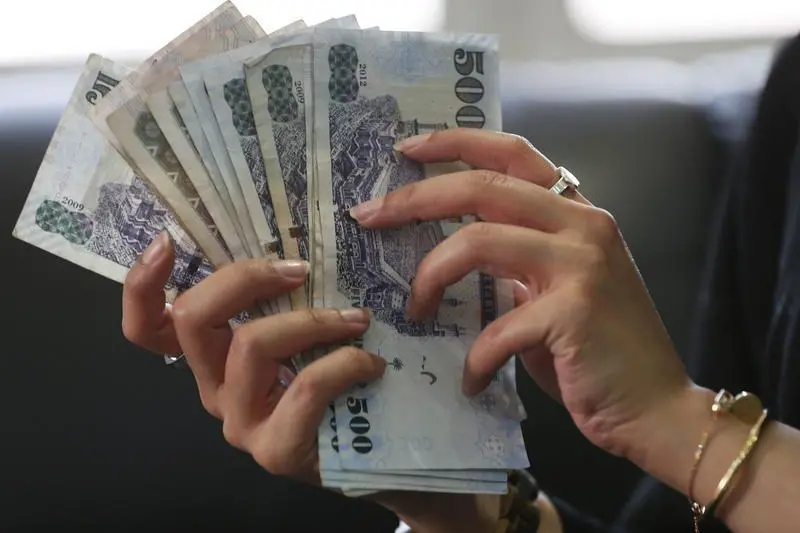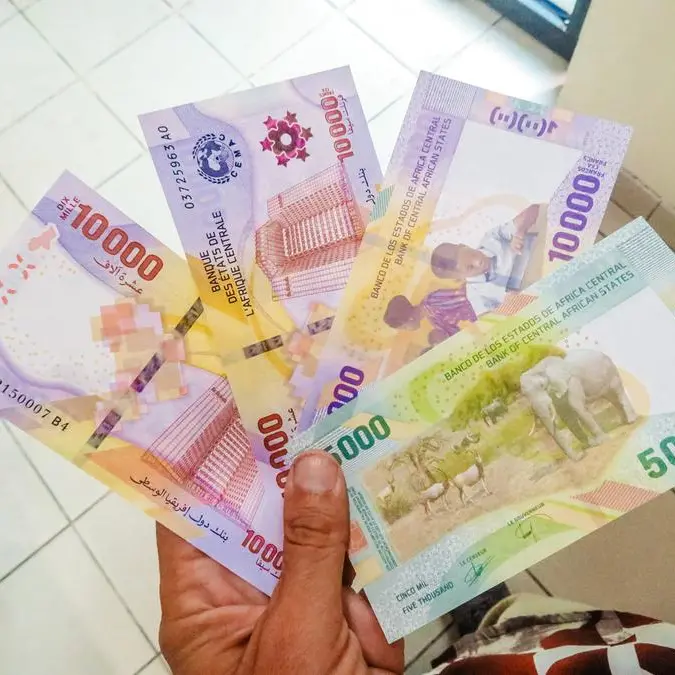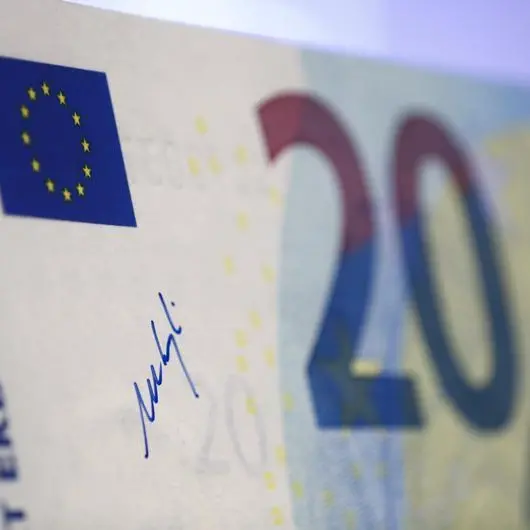PHOTO
DUBAI/CAIRO - Saudi Arabia raised $12 billion from global debt markets in a three-part bond sale, attracting strong investor demand, according to a government statement early Tuesday, with proceeds expected to help cover its budget deficit and pay down debt.
The kingdom sold $5 billion, $3 billion and $4 billion in tenors of three, six and 10 years, respectively, the National Debt Management Center (NDMC) said in a statement, adding that the total order book reached around $37 billion.
The issuer was able to lower the pricing on the bonds from initial guidance, fixed income news service IFR reported earlier on Monday, indicating strong investor appetite.
"This transaction is part of NDMC's strategy to diversify the investors' base and meet the Kingdom's financing needs from international debt capital markets efficiently and effectively," the NDMC said.
Saudi Arabia, the world's top oil exporter, has forecast a fiscal deficit of $27 billion for 2025 as it continues strategic spending on projects linked to Vision 2030, the kingdom's ambitious plan to overhaul the economy.
On Sunday, Finance Minister Mohammed Al Jadaan approved the kingdom's annual borrowing plan, which estimates financing requirements of approximately 139 billion riyals ($37.02 billion) this year mainly to cover the 2025 deficit as well as about 38 billion riyals in debt maturities.
As part of the plan, the kingdom intends to take advantage of opportunities to diversify its local and international financing channels, including private transactions, and to tap new markets and currencies.
Saudi Arabia's sovereign wealth fund, the Public Investment Fund (PIF), which is driving many of the Vision 2030 projects, said on Monday it had also secured a $7 billion murabaha credit facility, a form of Islamic financing.
Citi, Goldman Sachs International and JPMorgan were global coordinators and joint bookrunners on Saudi Arabia's sovereign bond issue.
($1 = 3.7549 riyals)
(Reporting by Rachna Uppal and Enas Alashray; Additional reporting by Mohammad Edrees; Editing by Kevin Liffey, Ros Russell and Mrigank Dhaniwala)





















